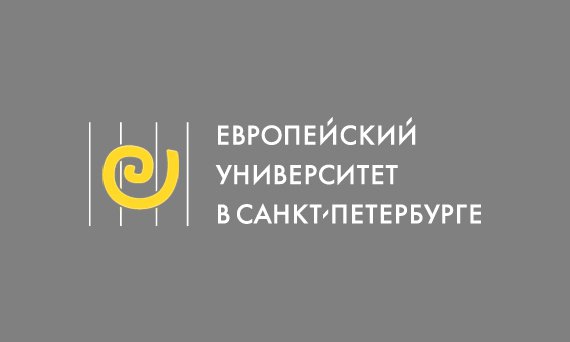Scholars of intervention insist that there is a framework for international peacebuilding and statebuilding interventions, at least since 1991, they call liberal internationalism – build liberal democracies and market economies. However, if one looks at actual interventions through country-based ethnographies, this lecture will argue, there is no common framework. Not only does the national interest of each actor dominate over principles, as realists would argue, but interventions are also a conglomerate of piecemeal, fragmentary (both by sector and geography), and uncoordinated projects by a vast number of external actors whose outcomes are rarely liberal or democratic.
Brief Bio:
Susan L. Woodward is professor of political science at The Graduate Center of the City University of New York. A specialist on the Balkans, her current research focuses on transitions from civil war to peace, international security and state failure, and post-war state-building. She was a member of the United Nations Committee of Experts on Public Administration, 2010-2014, a senior fellow at The Brookings Institution in Washington, DC, 1990-1999, and then at the Centre for Defence Studies, King’s College, London, 1999-2000, head of the Analysis and Assessment Unit for UNPROFOR in 1994, and a professor of political science at Williams College, 1978-82, and Northwestern University, 1972-1977. Her many writings include The Ideology of Failed States: Why Intervention Fails (Cambridge University Press, 2017), Balkan Tragedy: Chaos and Dissolution after the Cold War (Brookings Press, 1995), and Socialist Unemployment: The Political Economy of Yugoslavia, 1945-1990 (Princeton University Press, 1995).
